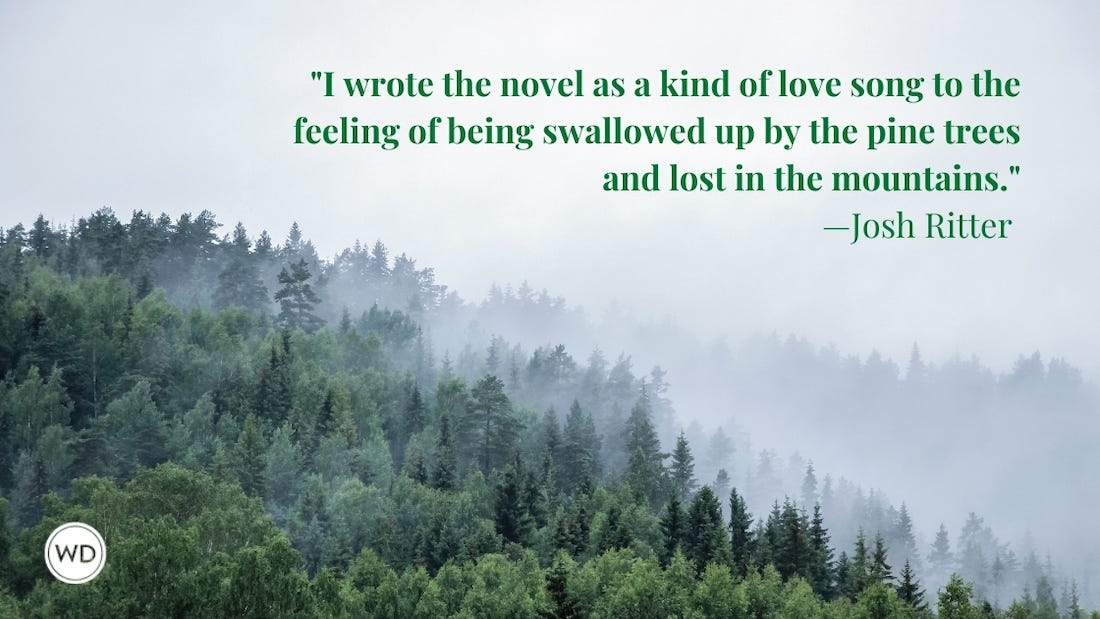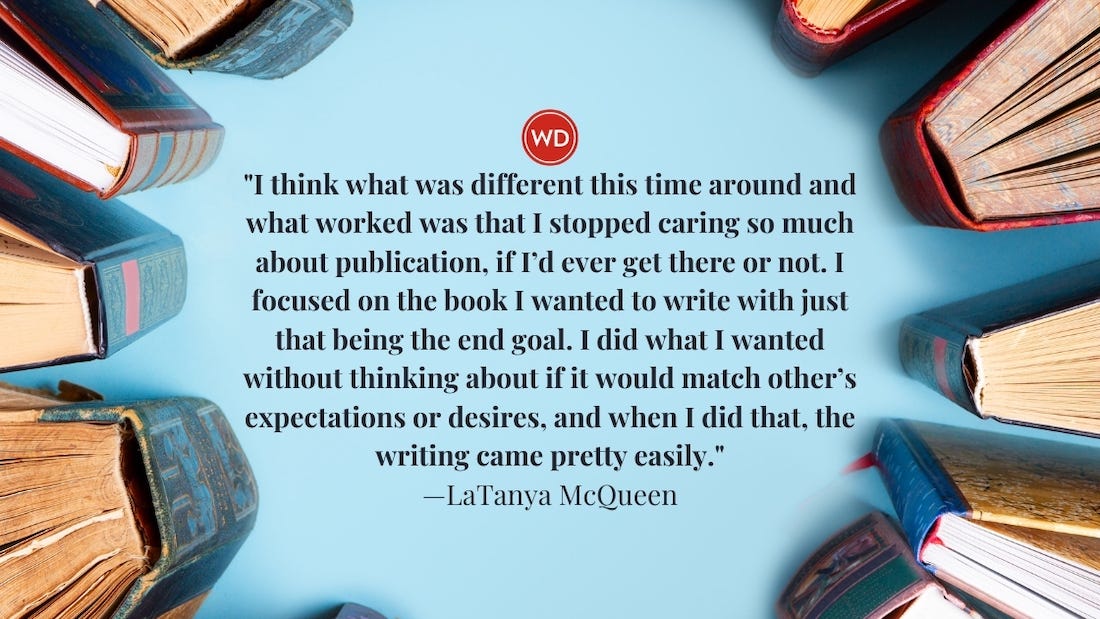Thomas Steinbeck: Like Father, Like Son
Thomas Steinbeck on his debut story collection, the craft of writing, and growing up Steinbeck. by Jessica Strawser
NOTE: This article first appeared in the January 2003 issue of Writer's Digest.
Thomas Steinbeck refers to his debut book as “a fluke”—striking words from the son of the Pulitzer and Nobel Prize-winning John Steinbeck, author of such classics as The Grapes of Wrath and Of Mice and Men. Thomas Steinbeck’s first release, a collection of historical folk tales titled Down to a Soundless Sea (Ballantine, October 2002), was originally written for a friend who planned to showcase the books in his hotel in the Big Sur region of California, home of the Steinbeck family. He planned to self-publish, so he was amazed when his agents asked to see the manuscript—and even more amazed when he landed a two-book deal. A fluke, perhaps—but certainly the best kind.
“I never saw myself as The Great American Writer, nor did I have any ambition whatsoever to compete with my father, who by the way is one of my literary heroes. And they’re two different people, as far as I’m concerned. There’s my father, and then there’s John Steinbeck. And you know as much about John Steinbeck as I do. I know a lot more about my father, but those are two different people.”
Down to a Soundless Sea is a collection of folk tales that have passed through generations of the Steinbeck family the old-fashioned way—by word of mouth. Readers will sample tales of a sailor’s haggard voyage, of an immigrant’s blissful true love, of a professor’s frightening encounter with a shadowy rider in the woods.
Although he is now the official author of these tales, Steinbeck is uncertain as to how far their truths actually reach. “I have no idea whether the versions I heard were true or totally accurate. That’s the way storytelling goes. It changes in format, which is why it’s sort of fun. It’s like listening to different lyrics to a song that’s always the same.”
In writing the tales, Steinbeck, 58, had no surviving members from that era with whom to consult on whether or not his memory was serving him correctly. But this, too, seemed inconsequential to him in confronting the task at hand. “You know the skeleton is totally correct because you know what the punch line is supposed to be,” he says. “But in many cases, details have to be painted in for the audience. Except for the fact that the research is all correct, because I’m an avid researcher, the stories are just basically my versions of stories that I have been told. But they are definitely, since they’ve gone through my filter, my versions of them.”
Despite his father’s literary acclaim, Steinbeck first took little interest in writing as a career choice. In his words, “You’d put a pistol to my head, and I wouldn’t write.” But when he enlisted and found himself in Vietnam, it wasn’t long before he began writing about the war as a journalist for a small wire service that his younger brother, John Steinbeck IV, and some friends had created. Inherently a fan of storytelling, he focused more on the human interest stories than on simply reporting the news. “I was far more concerned with the individual drama of soldiers than I was with the big picture,” he says.
Upon returning to the United States, he first began to study art but quickly switched gears, transferring to UCLA’s film school. There he learned to write screenplays, and put his skills to work making documentaries after graduation. But when his father passed away in 1968 and his brother followed in 1991, Steinbeck’s knack for screenwriting took on a whole new meaning.
He began writing and overseeing dramatic adaptations of his father’s works—a natural outlet for his academic training. He felt a sense of responsibility to his father’s work, and began to ensure that newer film adaptations did justice to the writing.
“It’s not something I like to do. I just figure I would rather do it well than see someone else do it badly,” he says. “An imaginative screenplay writer gets out of the way of the author and lets the author come through.”
So, his seat on the board of directors at the National Steinbeck Center, which includes these duties, became a professional and personal priority.
When Steinbeck began writing Down to a Soundless Sea, he wrote the book slowly and gradually over a period of several years, shaping the stories in his mind before putting them on paper.
“I basically create by daydreaming the story as though you were making up an alibi for the police, with every detail in place. I know what everybody’s wearing, I know where it’s taking place. I’ll daydream it sometimes for months until I know it so well that it’s almost my own story, and all I’m doing basically is sitting down to type it up. I don’t mean to make that sound easy, because that in itself is not a final product.”
Steinbeck is “still daydreaming” his upcoming novel, the second half of his two-book deal with Ballantine.
“I like things to sit in their own precision. I like ideas and concepts that flow by themselves. And the only way to make something look effortless is to put a lot of work into it.”
Yet even Steinbecks get writer’s block. While his father used to write letters to tempt his muse, Steinbeck prefers to write a stanza or two of poetry, an approach he learned from his father which he says is “like taking two aspirin” for writer’s block.
“It was amazing to watch my father. No matter how many books he’d written, he didn’t think he could write a book. He’d get into these things and say, ‘I can’t get into this,’ ‘I’ll never get this done.’ It was like listening to a kid who’s late on his term paper,” he says. “It’s not a matter of self-doubt that you can’t put the words onto the page, it’s a matter of you don’t know how you did the last one.”
Steinbeck says he does not feel pressure to live up to anyone’s expectations with his literary debut. He contends that he doesn’t read criticism, and he doesn’t even read praise. At 58, he says he isn’t trying to prove anything to himself, the world, or even to his father.
“As he did, I also stand on the shoulders of giants. And so do you. We all do.”
Jessica Strawser is editor-at-large for Writer's Digest and former editor-in-chief. She's also the author of several novels, including Not That I Could Tell and Almost Missed You.









